The United States shirks its responsibility and diverts attention with the so-called "emergency collision criteria," which is not a responsible attitude that a space power should have, a Foreign Ministry spokesperson said on Thursday.
Spokesperson Zhao Lijian made the remarks at a daily press briefing in response to a related query that the United States denied China's notion that Starlink satellites endangered the China space station twice in a note sent to the UN Office of Outer Space Affairs in Vienna and dated Jan. 28.
"Because the activities did not meet the threshold of established emergency collision criteria, emergency notifications were not warranted in either case," according to the note.
China was fulfilling the international obligation stipulated by Article V of the Outer Space Treaty by informing the UN of the Starlink satellites' dangerous approach to the Chinese space station that threatened in-orbit Chinese astronauts, Zhao said.
In the relevant collision avoidance events, the U.S. Starlink satellites are in a continuous orbit maneuvering state, and their maneuvering strategies and intentions are unknown, Zhao said, adding Chinese astronauts in orbit are facing real and urgent safety threats and China was forced to implement preventive collision avoidance control.
After the incidents, the Chinese authorities tried multiple times to reach the U.S. side via e-mail, but received no reply, the spokesperson said.
Now the U.S. attempts to use the so-called threshold of emergency collision criteria to shift responsibilities and distract attention. It is not showing a responsible attitude as a space power, not to mention it is in no position to unilaterally set a threshold of emergency collision criteria, he said.
Article IX of the Outer Space Treaty stipulates that in the exploration and use of outer space, States Parties to the Treaty shall be guided by the principle of cooperation and mutual assistance and shall conduct all their activities in outer space with due regard to the corresponding interests of all other States Parties to the Treaty, Zhao noted.
He said the Chinese side has submitted registration of its space station to the UN and released its orbital elements on website.
"To safeguard the safety of Chinese astronauts and the space station, China is ready to establish a long-term communication mechanism with the U.S. side and hopes that the U.S. side will take concrete measures to prevent such incidents from recurring," Zhao said.
China also hopes that all countries will jointly respect the international system of outer space based on international law and work together to safeguard the safety of in-orbit astronauts and the safe and stable operation of space facilities, the spokesperson added.








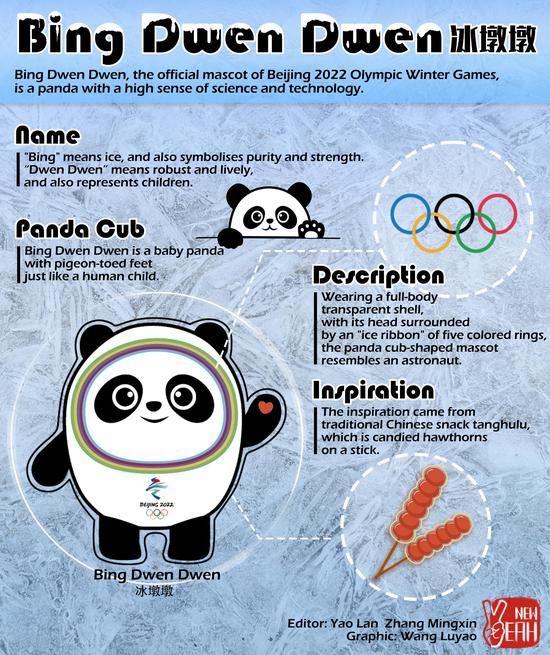



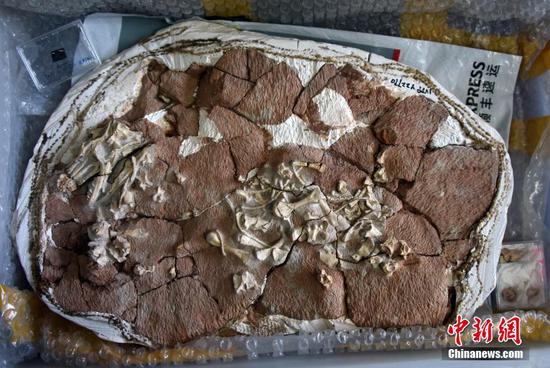

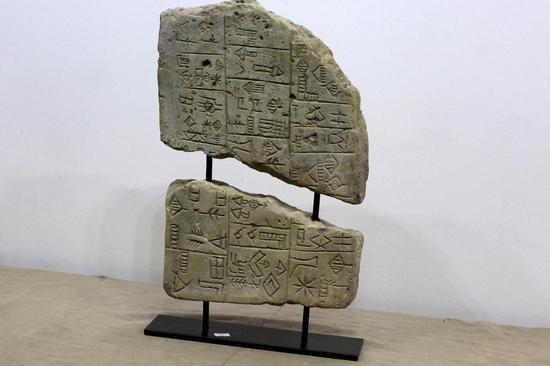


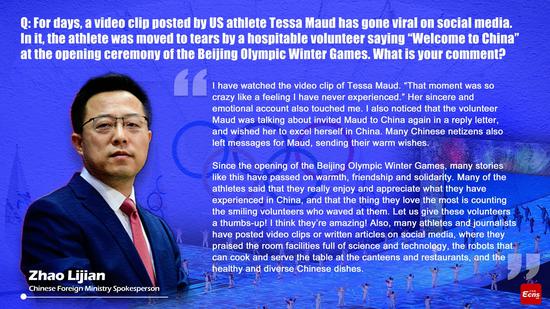
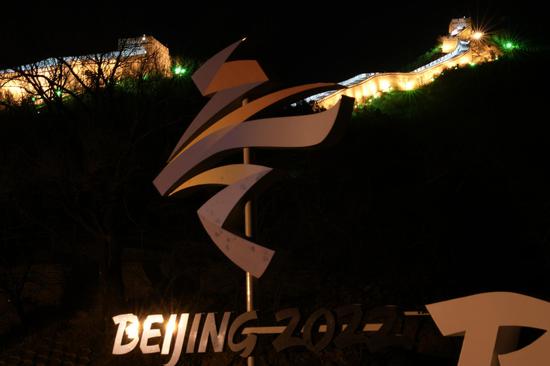


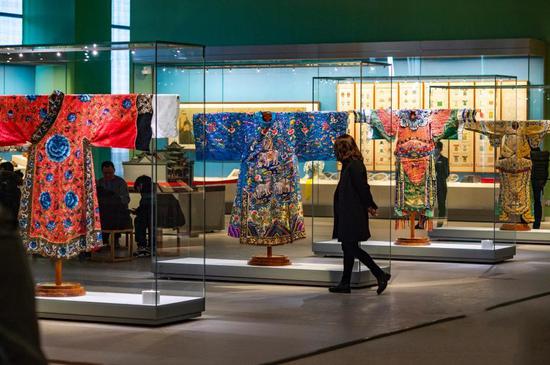

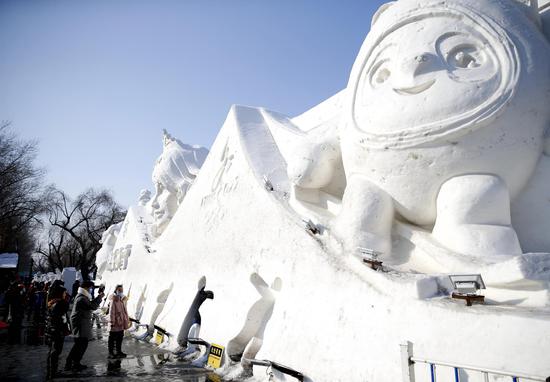





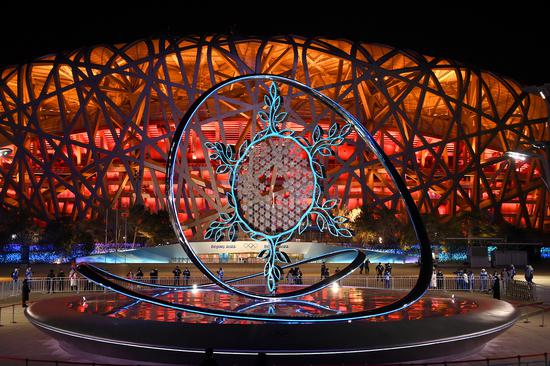

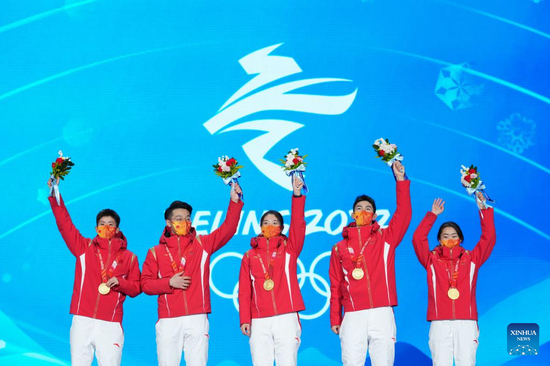
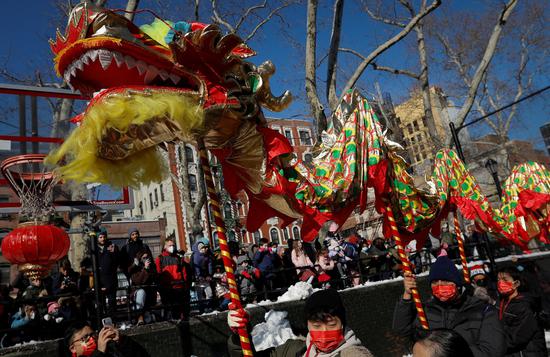


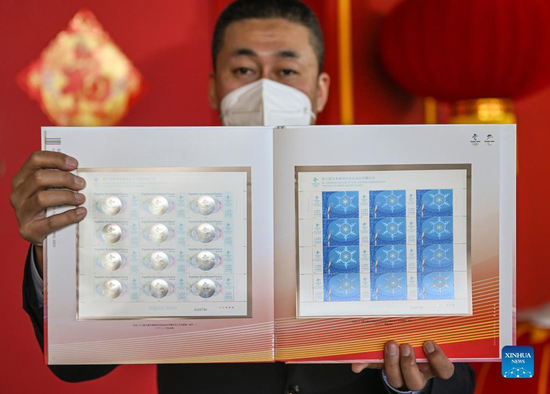


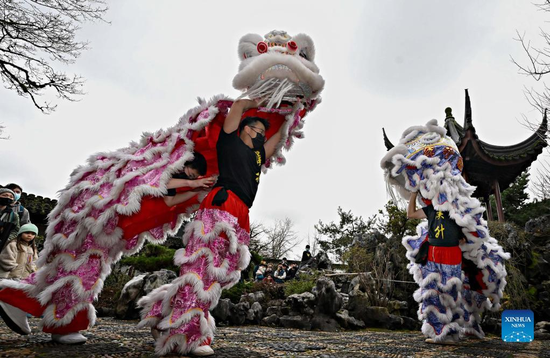











 京公网安备 11010202009201号
京公网安备 11010202009201号